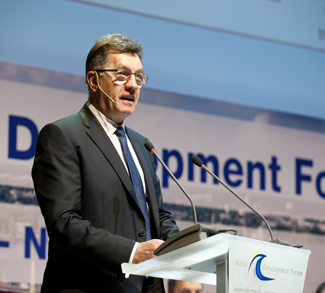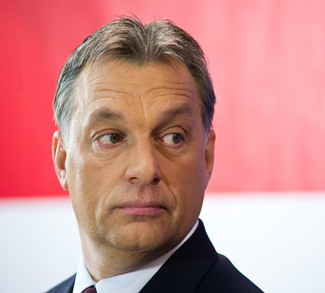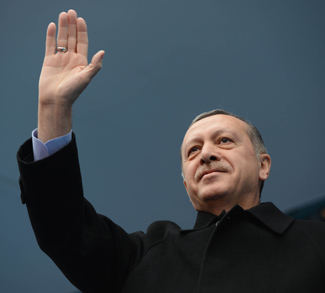The success of any country’s foreign policy is very often measured by its relationship with its neighbors.
Situated in Western Europe, Lithuania shares borders with Latvia, Belarus, Poland, and Russia’s exclave, the Kaliningrad Oblast.
For a long time Lithuania lived in the “shared compartment” – the Soviet Union. Such a position for a long period of time suppressed the national identity of the Lithuanian people and inhibited the development of the state.
The restoration of independence in 1990 brought not only long-awaited freedom but new challenges in the foreign policy realm. Maintaining good relations with all neighboring countries turned out to be not an easy matter for Lithuania.
Vilnius has built more or less predictable and fruitful relations with Latvia. Relations with Poland still need deep improvements. Ties between Lithuania and Russia are almost fully negated. As far as Belarus is concerned, achievements of late have shown slow progress in bilateral relations.
“Belarus is an important partner of Lithuania in all areas, including in agriculture,” Lithuania’s Vice Agriculture Minister Vilius Martusevicius said as he met with a Belarusian delegation on February 1. According to the vice minister, trade with Belarus accounts for a significant share in Lithuanian foreign trade in agricultural products and foodstuffs. In 2014, Belarus was sixth in terms of export among 122 of Lithuania’s trade partners. In terms of imports, Belarus was 14th among 109 countries.
The two parties signed a protocol on cooperation between Lithuania and Belarus in agriculture, covering cooperation in fishing, land improvement, investments, and also the cooperation between the universities of agriculture, veterinary, and sanitary agencies.
The significance of the Lithuania-Belarus relationship goes beyond ordinary neighborly relations. A shared history and different approaches to the modern geopolitical situation have created distance between the two countries.
Some experts even say that two are on opposite sides: Lithuania is a NATO and EU member state, Belarus is a member of CSTO and the EEU. Of course, there are also matters of dispute: the building of a nuclear power plant in Belarus and NATO enlargement to the Baltic States are among them.
Nevertheless the high interest in further deepening of economic ties is obvious.
Lithuania and Belarus are demonstrating their commitment to closer cooperation even in the military sphere. According to the Lithuanian Ministry of Defence, on February 4, Lithuanian Chief of the Joint Staff General Vilmantas Tamošaitis paid a visit to Minsk and met with his Belarusian counterpart Major General Oleg Belokonev. At the meeting, Vilmantas Tamošaitis and Oleg Belokonev exchanged views on the current security situation in the region and discussed the possibilities for continued bilateral cooperation.
While such positive examples of neighboring relations are not “trending” now, Lithuania and Belarus are among those who are not afraid of seeking mutually beneficial projects and widening cooperation.
The regional security situation, including the military and economic spheres, as well as border control and a joint response to the migrant crisis are matters of common competence. Wise political decisions and collaboration on common strategies will help these two countries be good neighbors without the hysteria and myths of “profound differences” between nations. Taking into account the economic difficulties experienced by Belarus, Lithuania may not only get benefits from developing economic cooperation with Minsk but a grateful partner as well.
The opinions, beliefs, and viewpoints expressed by the authors are theirs alone and don’t reflect any official position of Geopoliticalmonitor.com.




